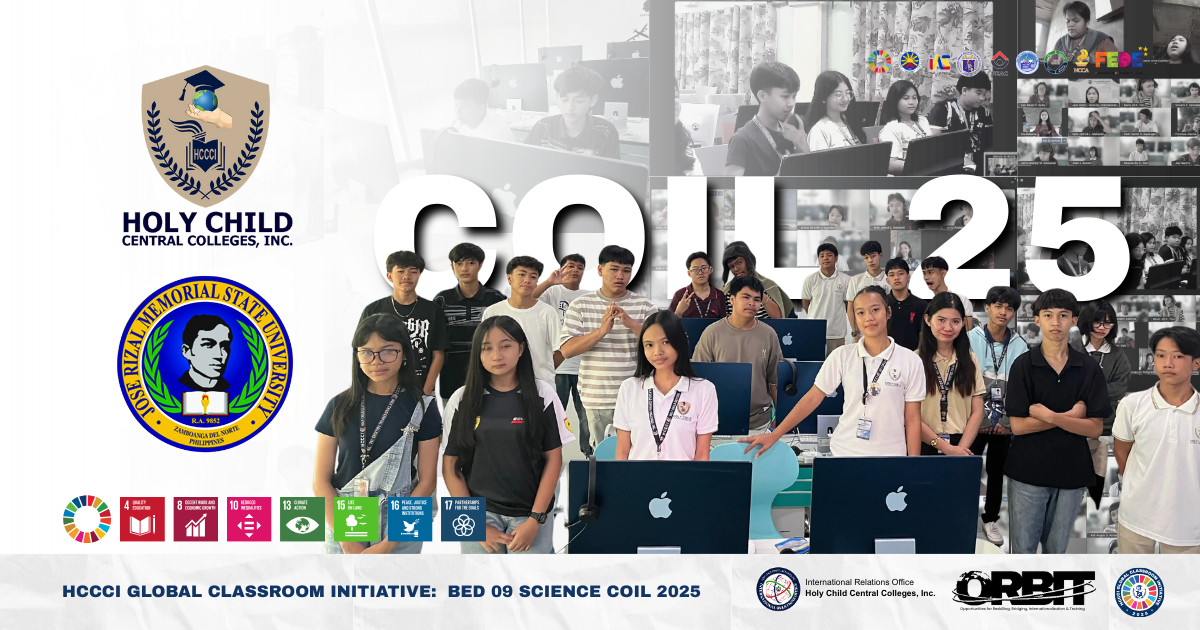𝐇𝐨𝐥𝐲 𝐂𝐡𝐢𝐥𝐝 𝐂𝐞𝐧𝐭𝐫𝐚𝐥 𝐂𝐨𝐥𝐥𝐞𝐠𝐞𝐬, 𝐈𝐧𝐜. 𝐚𝐧𝐝 𝐉𝐨𝐬𝐞 𝐑𝐢𝐳𝐚𝐥 𝐌𝐞𝐦𝐨𝐫𝐢𝐚𝐥 𝐒𝐭𝐚𝐭𝐞 𝐔𝐧𝐢𝐯𝐞𝐫𝐬𝐢𝐭𝐲 𝐋𝐚𝐮𝐧𝐜𝐡 𝐇𝐆𝐂𝐈 𝐁𝐚𝐬𝐢𝐜 𝐄𝐝𝐮𝐜𝐚𝐭𝐢𝐨𝐧 𝟎𝟗 𝐒𝐜𝐢𝐞𝐧𝐜𝐞 𝐂𝐎𝐈𝐋 𝟐𝟎𝟐𝟓
On September 19, 2025, Holy Child Central Colleges, Inc. (HCCCI) formally launched the 2025 HCCCI Global Classroom Initiative (HGCI) Basic Education 09 Science COIL in collaboration with Jose Rizal Memorial State University (JRMSU) at 9:30 AM. The initiative, which is part of HCCCI’s flagship internationalization program, Opportunities for Reskilling, Bridging, Internationalization, and Training (ORBIT), marks another milestone in academic innovation, global partnerships, and long-term educational collaboration.
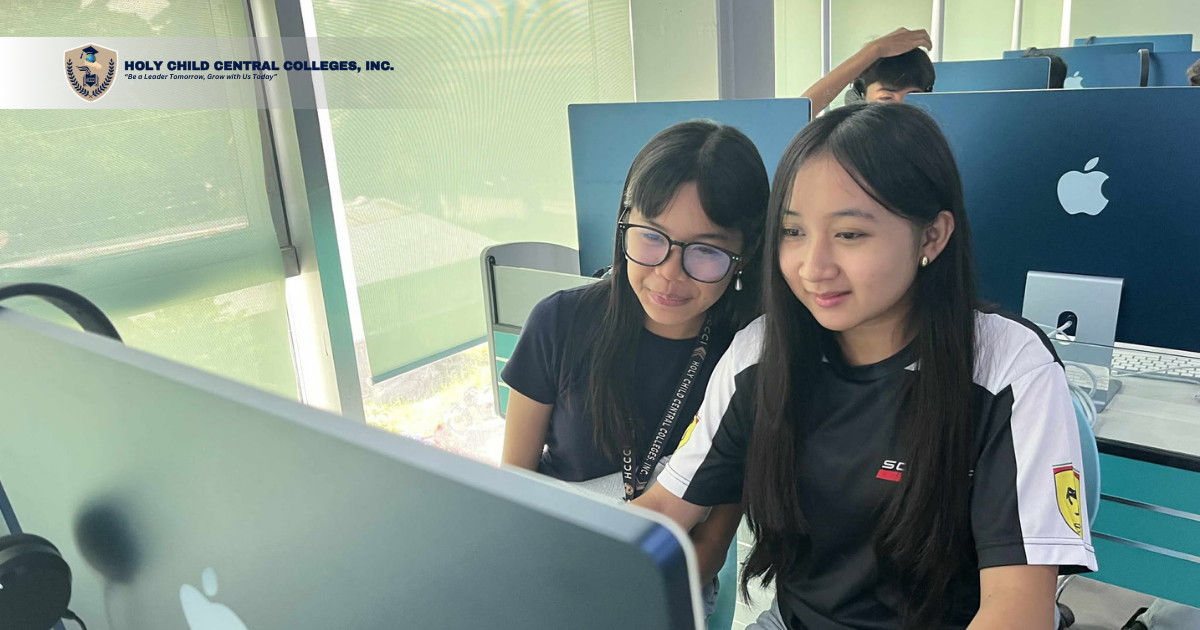
This year’s program centers on Science Studies, particularly the study of photosynthesis and its connections to sustainability, clean energy, and climate action. The initiative brings together 25 students from three campuses of JRMSU and 25 students from HCCCI, guided by faculty mentors who will provide direction and inspiration throughout the four-week journey. From HCCCI, the faculty mentor is Ma’am Eurica Nova Apostol Blancada, while JRMSU is represented by Sir Ruel A. Casipong of the Tampilisan Campus, Ma’am Reah Jane Barbadillo, MA, of the Katipunan Campus, and Ma’am Jesa Marie James Mariñas of the Main Campus.
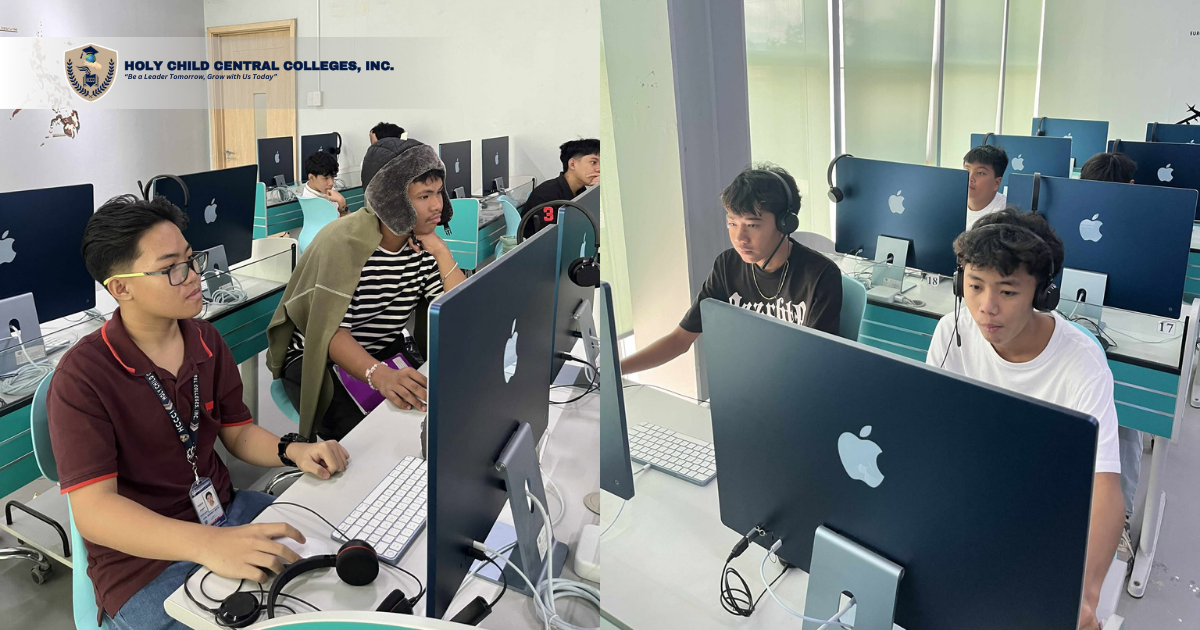
The program is designed not only to enhance scientific literacy but also to strengthen intercultural understanding and global citizenship. Students are encouraged to simplify complex biological concepts through visuals, analogies, and creative performances that can be understood across cultures and academic contexts. They will explore the molecular processes of photosynthesis and connect these scientific foundations to pressing global issues such as food security, renewable energy, climate change, and environmental protection. Through creative group projects—including infographics, short videos, skits, and musical compositions—participants will apply their scientific knowledge in innovative and engaging ways.
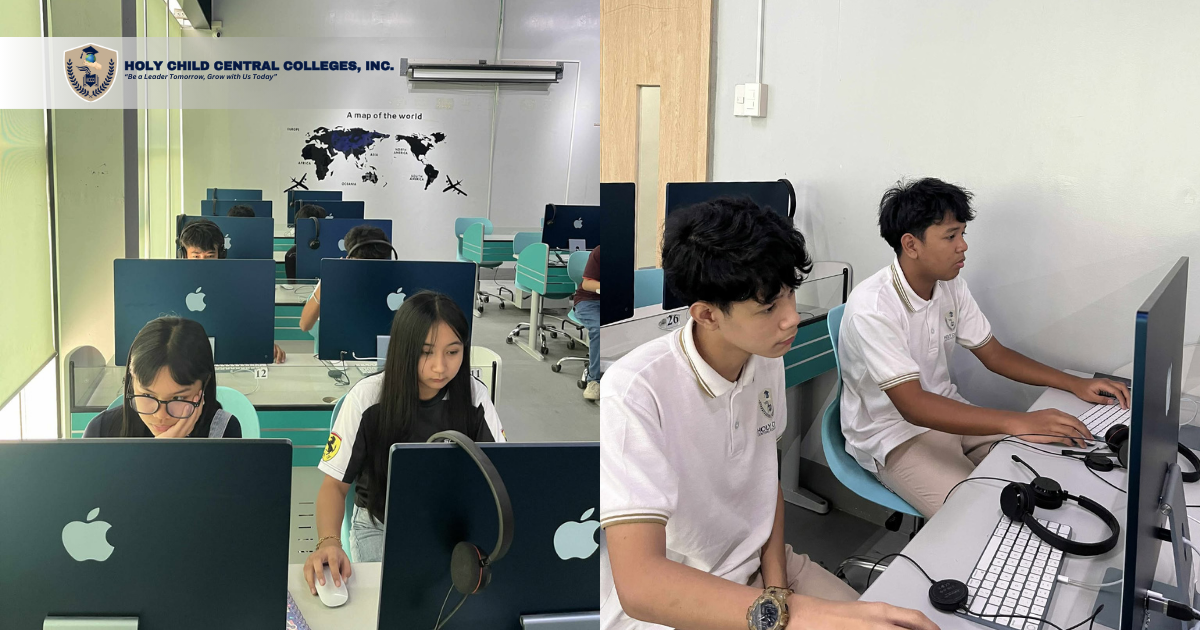
The Sustainable Development Goals (SDGs) are central to the program, particularly SDG 4 (Quality Education), SDG 7 (Affordable and Clean Energy), SDG 13 (Climate Action), SDG 15 (Life on Land), and SDG 17 (Partnerships for the Goals). By embedding these targets into the curriculum, HGCI ensures that students recognize the global significance of photosynthesis, understand its role in addressing energy and environmental challenges, and see themselves as active contributors to sustainable development.
The program unfolds in four stages.
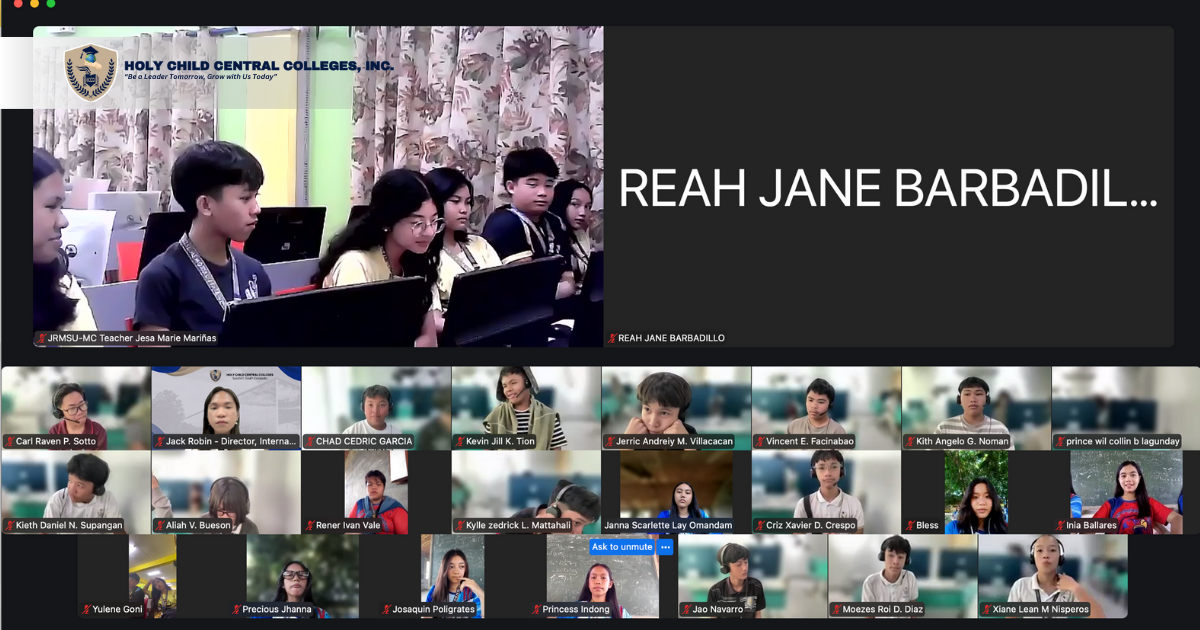
During the first week, students will participate in orientation activities that allow them to introduce themselves, share their cultural and academic backgrounds, and build rapport with peers from both institutions. They also revisit foundational concepts in photosynthesis through interactive games, riddles, and video explorations while familiarizing themselves with digital tools.
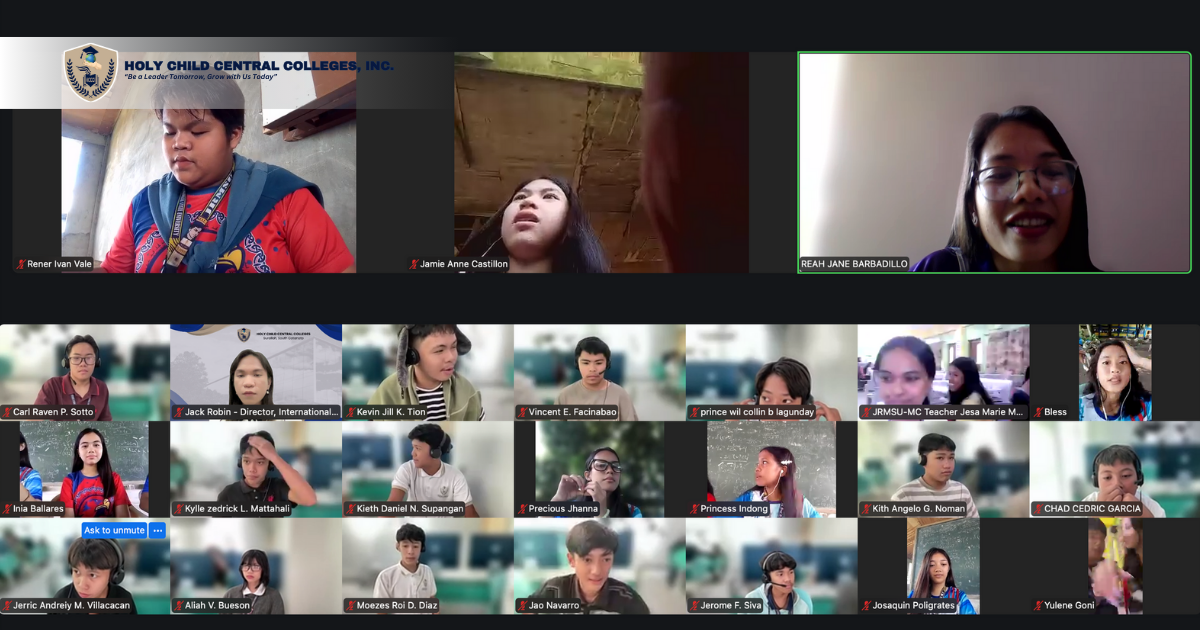
In the second week, participants will deepen their scientific knowledge by exploring the structures of leaves and chloroplasts, studying light-dependent and light-independent reactions, and experimenting with creative ways of presenting their learning. At this stage, they will begin working in groups, each tasked with producing collaborative outputs such as infographics, posters, skits, short videos, or comic strips that reflect both their scientific understanding and cultural perspectives. For the following weeks, students will also be utilizing the iLaboratory and Smart Classrooms of HCCCI to support interactive learning and enhance their collaborative experience.
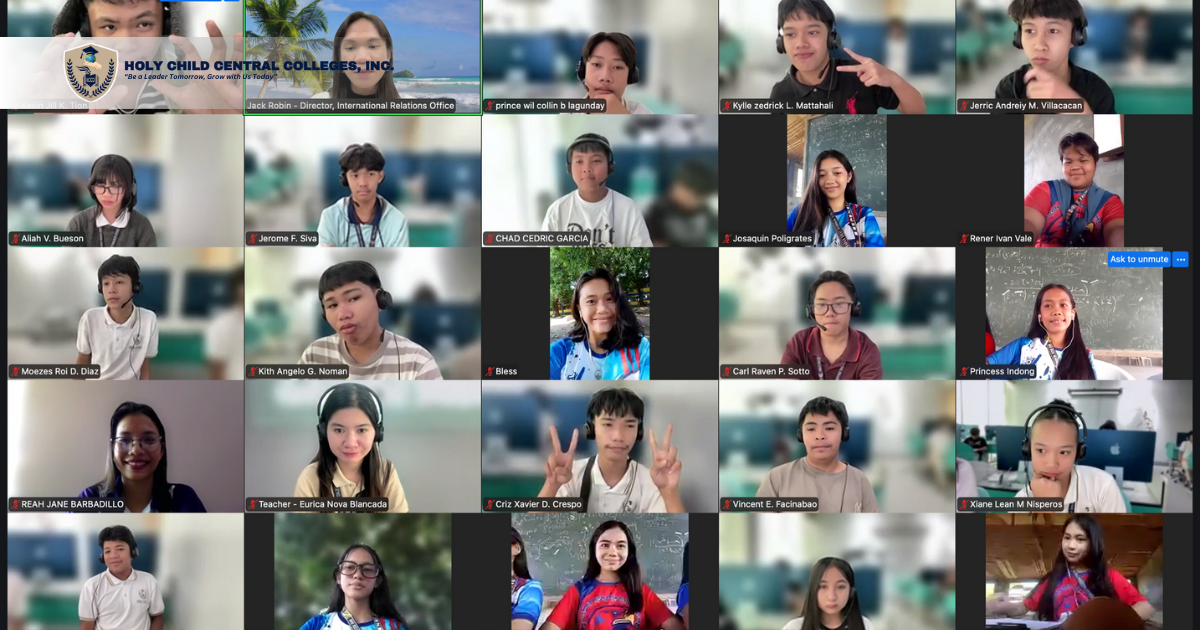
The third week highlights creative collaboration and presentations. Each group will present their outputs live or through recorded media, and peers are encouraged to provide constructive feedback using the “Two Stars and a Wish” method, which highlights strengths and suggests areas for improvement. These presentations demonstrate not only the accuracy of scientific content but also the intercultural creativity and teamwork that are the hallmarks of COIL projects.
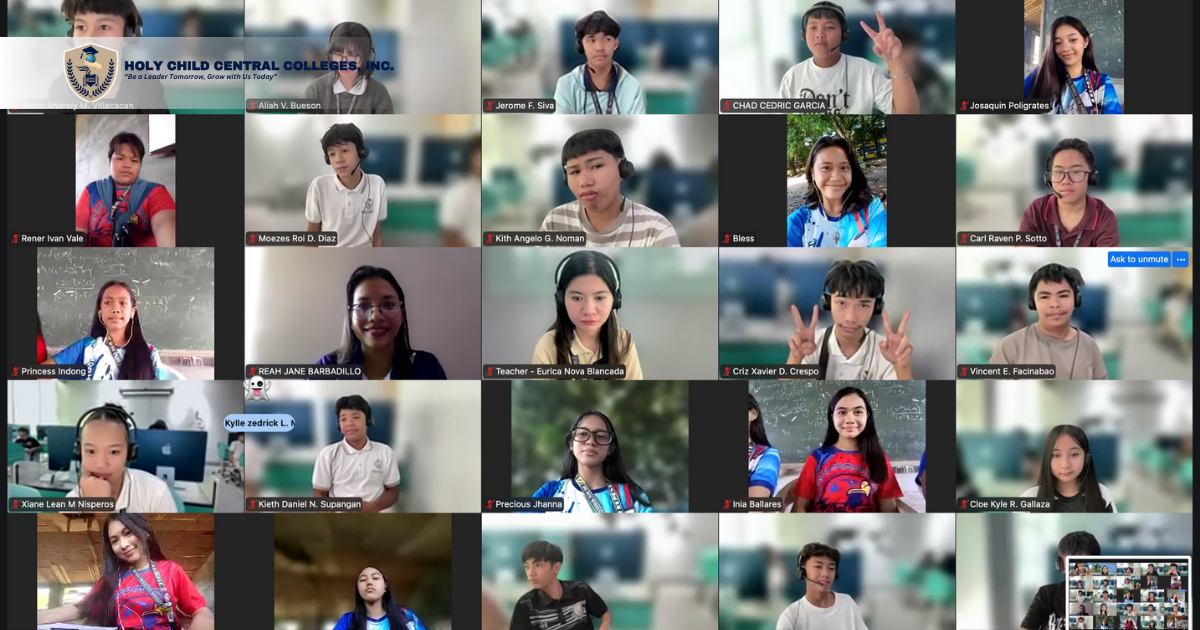
The fourth and final week emphasizes reflection and synthesis. Students will share their personal insights, cultural perspectives, and lessons learned from working with peers across institutions and locations. They will map their outputs to the relevant SDGs, commit to actions that promote sustainability, and celebrate their international collaboration through closure rituals, group reflections, and a symbolic picture-taking activity.
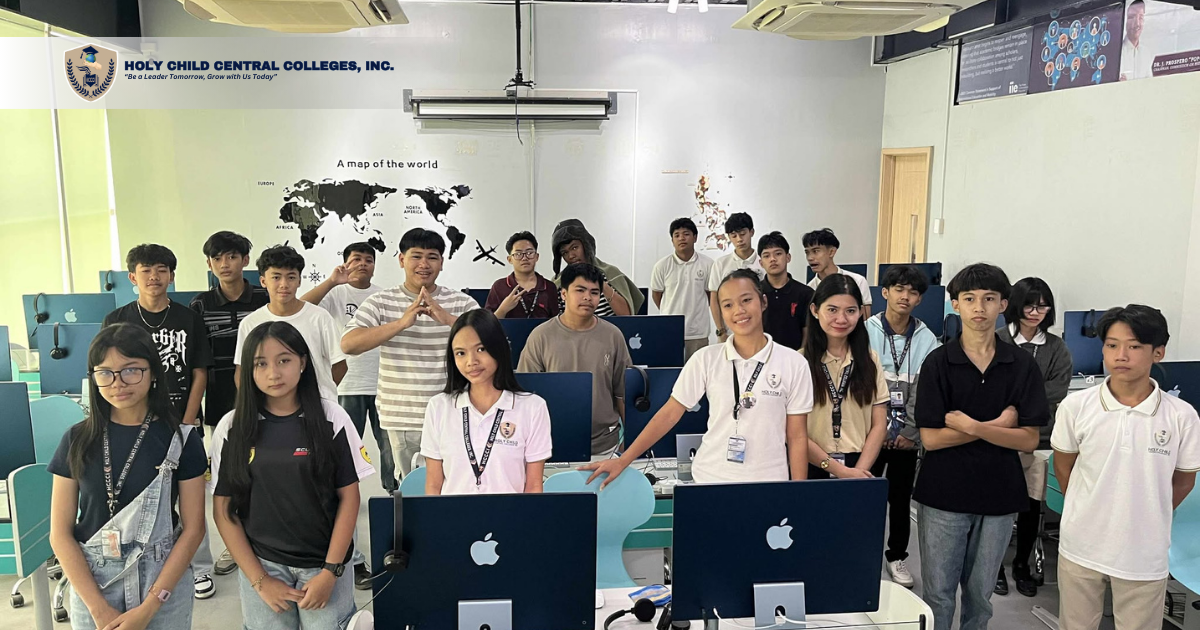
Through this carefully designed flow, the HGCI Basic Education 09 Science COIL 2025 cultivates learners who are not only scientifically literate but also globally aware and socially responsible. It ensures that science is not learned in isolation but is understood in relation to the real-world issues of energy, climate, and sustainability. Most importantly, the initiative strengthens the partnership between HCCCI and JRMSU by creating a replicable model for collaborative, intercultural science education that can be extended to future academic years and other disciplines.
The launch of this program under the ORBIT internationalization framework reaffirms the commitment of both institutions to advancing quality education, global innovation, and sustainable development. For the students, it is more than just a science lesson—it is an opportunity to embrace discovery, teamwork, and global citizenship, proving that learning across cultures can spark creativity, inspire responsibility, and contribute meaningfully to the collective pursuit of a sustainable future.
